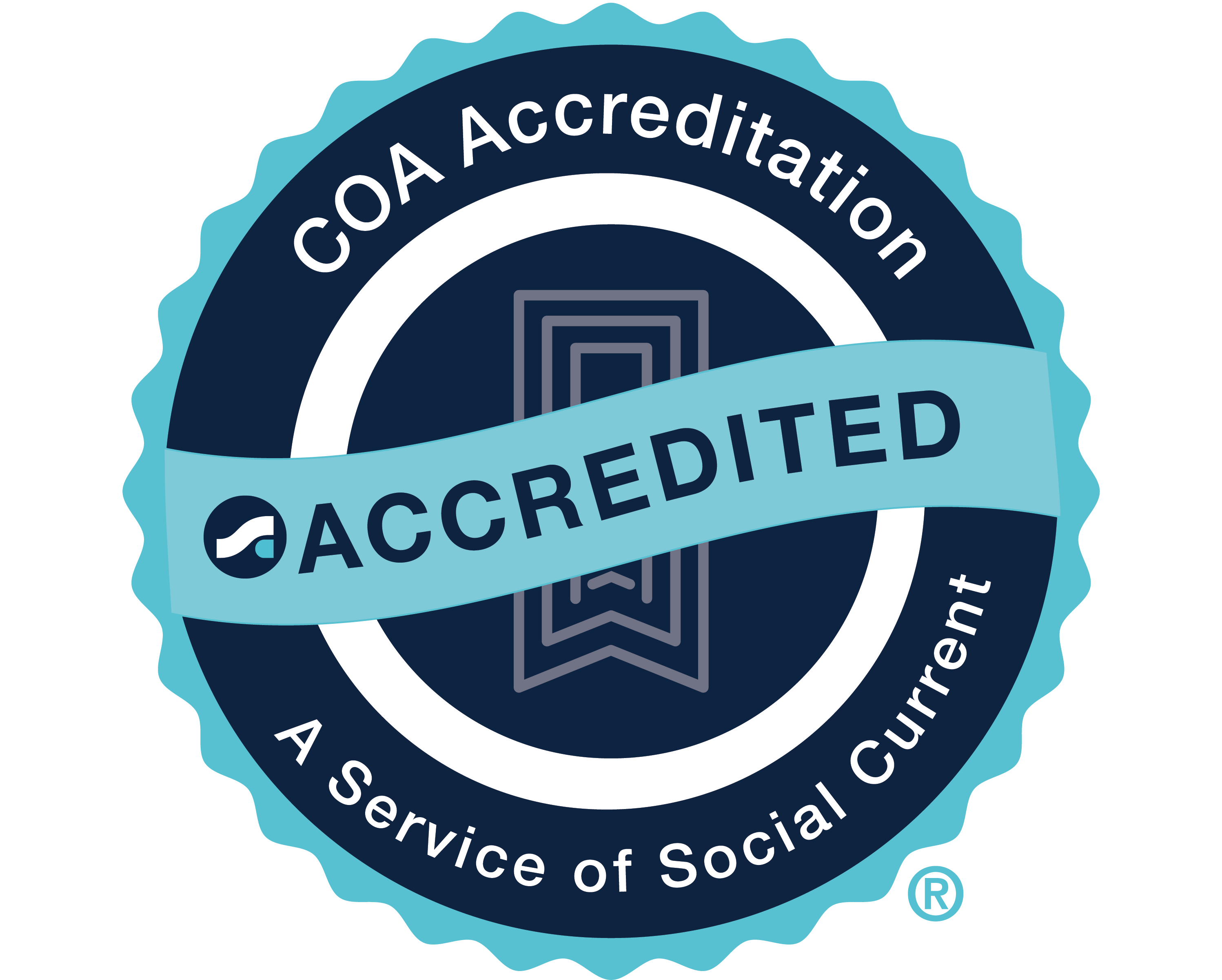What is Domestic Violence?
What Is Domestic Violence?
Domestic violence can be defined as a pattern of behavior in any relationship that is used to gain or maintain power and control over an intimate partner or family member.
The list below includes some, but not all, of the ways someone may be abusive:
Emotional:
- Name-calling and putdowns
- Isolation from family/friends
- Interfering with school
- Intimidation
- Yelling
- Using children to manipulate parents’ emotions
- Use of fear and shame
- Sexist comments
- Jealousy and possessiveness
- Ridicule or public humiliation
- Threats to harm family, friends, animals; to take away children; of being kicked out; of using weapons; of being killed
Physical:
- Stalking
- Punching walls, slamming doors, destruction of personal property
- Shoving, strangling, slapping, biting, kicking, punching, scraping, pinching
- Violence against pets
- Forcing or withholding sexual contact, unwanted touching, reproductive coercion, rape
Financial:
- Withholding money or implementing an allowance
- Sabotaging attendance at job
- Forbidding partner to work
- Hiding or stealing assets
- Preventing access to bank account
- Deliberately destroying credit
- Refusing to pay bills
- Prevention of medical and dental care

Who does it Impact?
Domestic violence can happen to anyone. It affects families, the workplace, and the community. Hope House is here to help.
Familiy Members
Co-Workers
The Community
Recognize the Red Flags
Sometimes knowing if someone is abusive or not can be difficult, but knowing the signs helps ease that stress.
The following list includes some, but not all, behaviors that are considered red flags. This is not a complete list.
Does Not Honor Your Boundaries
- Wants to move too quickly into the relationship
- Excessive jealousy and accuses you of having affairs
- Wants to know where you are all the time
- Calls, emails, and texts you excessively throughout the day
- Insists that you stop spending time with your friends or family
Says One Thing & Does Another
- Criticizes you or puts you down; commonly tells you that you’re "crazy," "stupid" and/or "fat"
- Tells you no one else would ever want or love you
- Takes no responsibility for their behavior and blames others
- Will suddenly rage out of control and act impulsively
Past has Inconsistencies
- Blames the entire failure of previous relationships on their partner; for example, "My ex was a total bitch"
- Has a history of battering
- Grew up in an abusive or violent home
- Seems “Too Good to be True”
Power & Control Wheel
Poder y Control
Wheel of Equality
Post Separation Abuse
Together we can build a brighter future.
Domestic violence can happen to anyone, no matter their gender, age, race, ethnicity, religion, or sexuality. Hope House advocates for survivors, no matter where they are in their journey. Join us in creating a brighter tomorrow for survivors.










.png)














